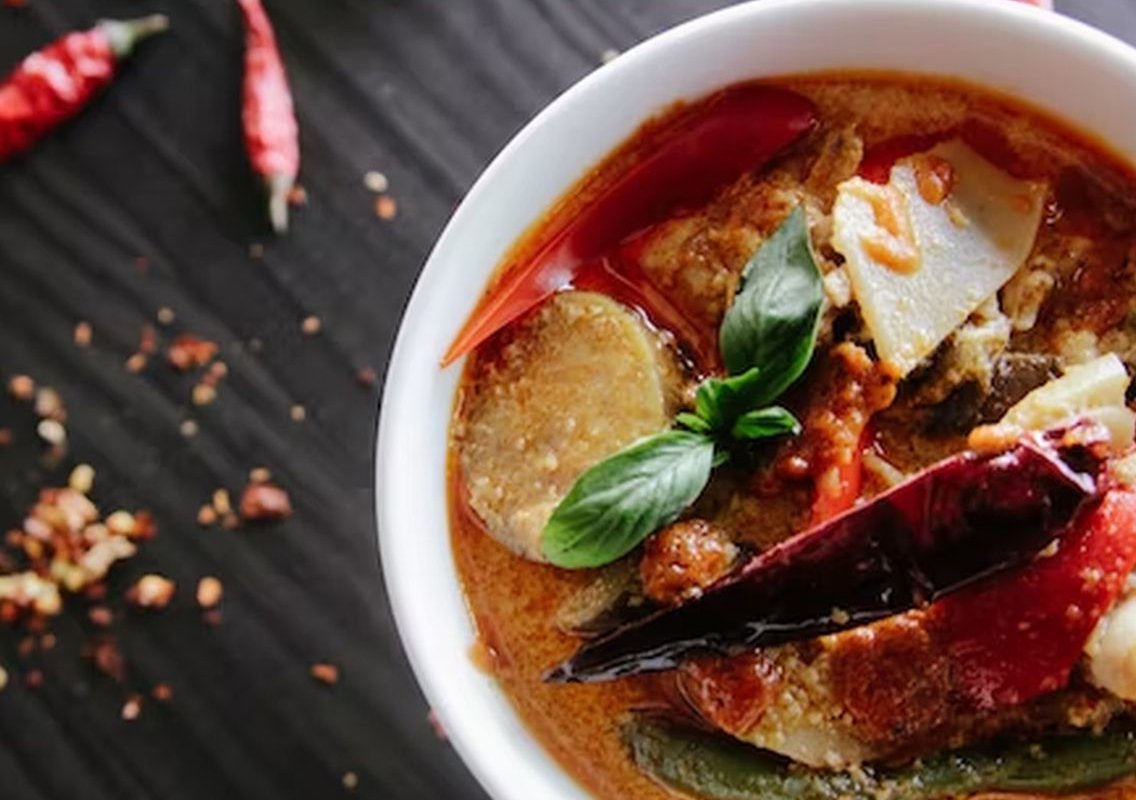
Some studies show that regular consumption of spicy food may contribute to the development of stomach cancer in the long term.
Indeed, there is research evidence that points to link between spicy food and stomach cancer. In particular, pungency not only increases acid production, but also irritates the lining of the stomach, which over time can lead to inflammation and damage to the lining of the stomach. Gastroenterologist Lilia Kozlovskaya said this in an interview with MedikForum. At the same time, there is evidence that the substance capsaicin, which is responsible for the spiciness, has an anti-cancer effect.
So can spicy food actually cause cancer?
According to Kozlovskaya, in China, where spicy food is common and popular, a study involving 500,000 people was conducted in 2021. Its authors concluded that eating pepper seasoned food can improve the body's defense against the development of stomach cancer and esophageal cancer.
Gastroenterologist Vyalov spoke about the dangers of hot food for the body
“According to scientists, the benefits or harms of acuity depend on its dose. A large amount of spicy food in a person's diet increases the risk of stomach cancer, while a moderate amount helps prevent the disease.
Gastroenterologist Kozlovskaya noted that the development of stomach cancer depends on the influence of many factors. Nutritional habits play a role, but age, gender, smoking, and alcohol consumption also influence. As for spicy foods specifically, they alone are unlikely to cause cancer in a generally healthy person. If we talk about food addictions, the risk of cancer is more increased by the addiction to processed meat products, canned and pickled foods, industrial foods.
Gastroenterologist debunks myths about cholesterol
The likelihood of cancer in those eats spicy regularly, increases if the following factors are also present.
- Age: People between the ages of 60 and 80 are most likely to get cancer.
- Gender: men are more likely to get stomach cancer.
- Smoking: smokers are significantly more likely to get stomach cancer
- Alcohol: drinking alcohol increases the likelihood of the disease.
- Obesity: it increases the risk of developing most types of cancer, including stomach cancer.
- Helicobacter pylori infection.
Earlier, MedikForum.ru wrote about what not to do immediately after eating.
Important! Information provided for reference purposes. Ask a specialist about contraindications and side effects and under no circumstances self-medicate. At the first sign of illness, consult a doctor.
